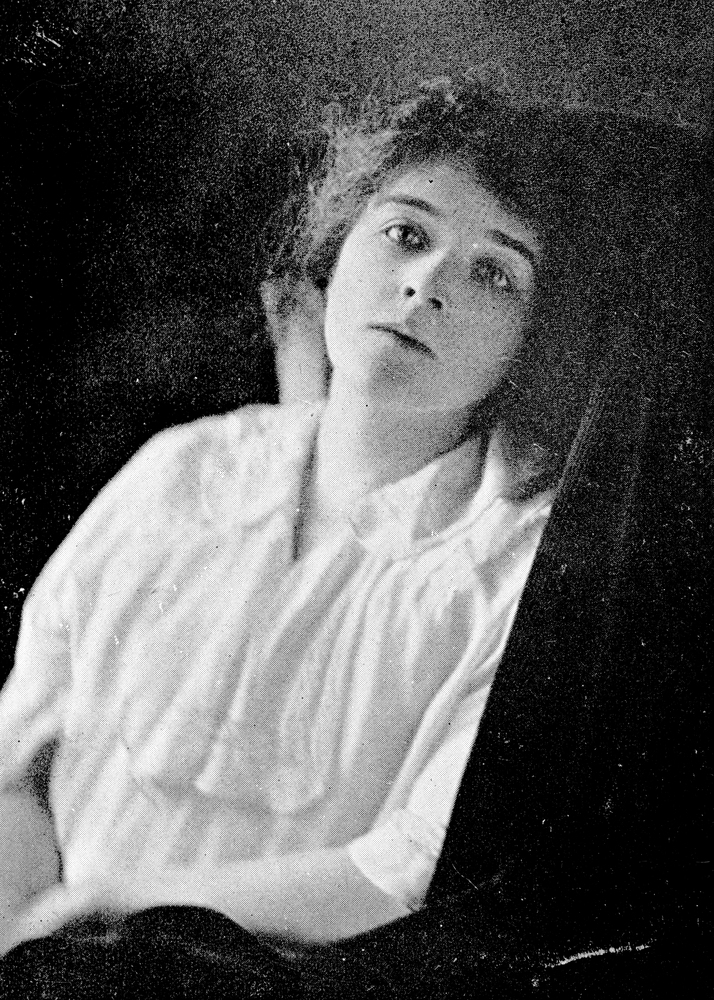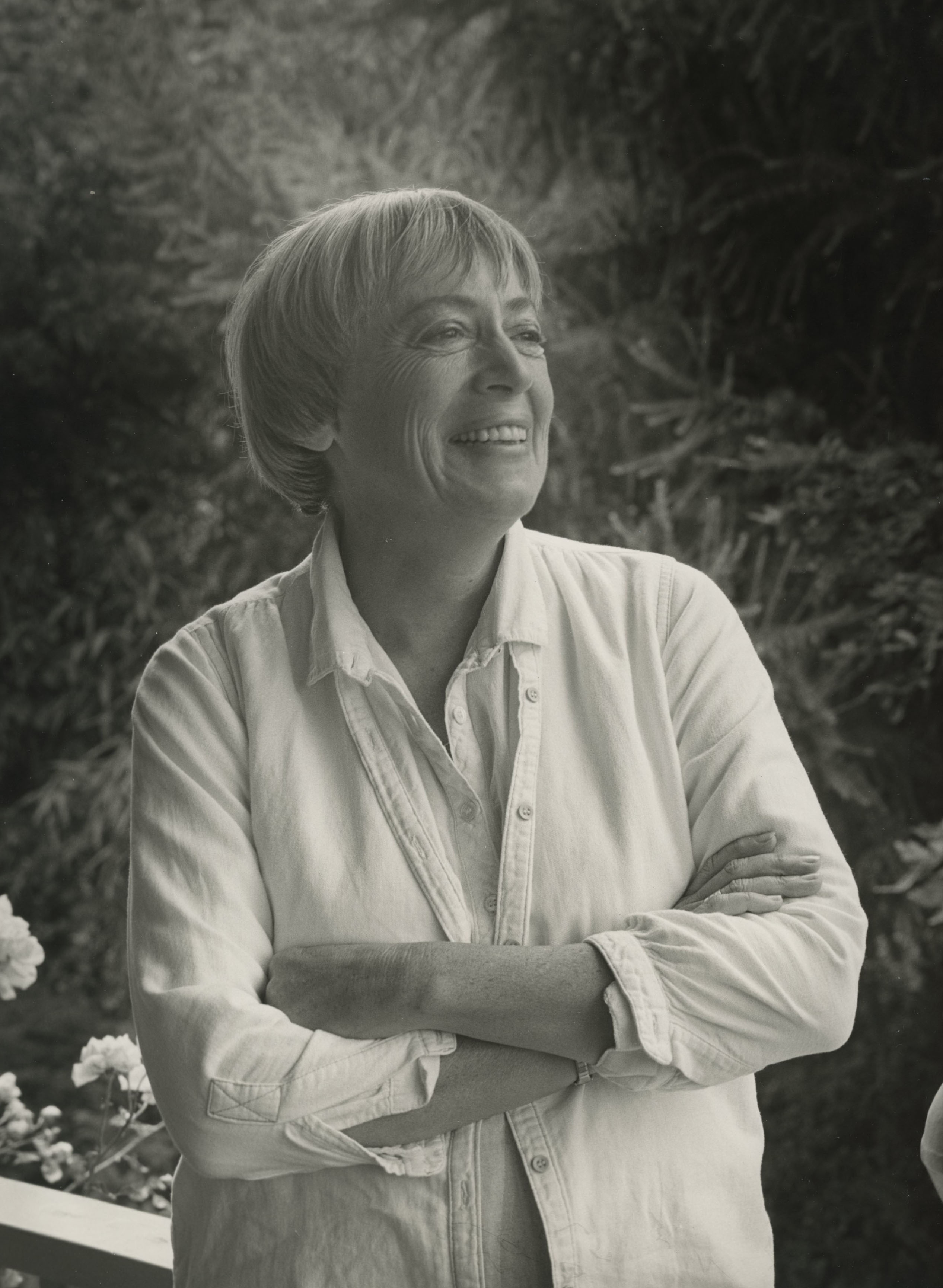Hazel Hall was recognized in the early decades of the twentieth century as a major Northwest poet, widely admired and anthologized in America and England.
Born in St. Paul, Minnesota, on February 7, 1886, Hall moved to the bustling city of Portland as a small girl. She was an exuberant, unusually sensitive, and imaginative child, but a bout of scarlet fever at the age of twelve confined her to a wheelchair. Like Emily Dickinson, who had died several years earlier, she would live out her life in an upper room of her family’s home. To help support her mother and two sisters, Hall took in sewing and gainfully occupied herself embroidering the sumptuous fabrics of bridal gowns, baby dresses, altar cloths, lingerie, and Bishop’s cuffs that would figure so lushly in her poems.
Beginning with the conditions at hand—her gifts with needlework and words, her limited mobility, isolation and loneliness, and the exquisite grief they inflicted—Hall fashioned poetry of remarkable originality and durability. She published three books. The first, Curtains (1921), invites readers into a darkened, turbulent room, a place of “eternal winter.” As both seamstress and poet, she enjoyed the fortuitous coincidence of two activities that ingeniously referred to and informed one another, the interplay of stitch and song.
Seams
I was sewing a seam one day—
Just this way—
Flashing four silver stitches there
With thread, like this, fine as a hair,
And then four here, and there again, When
The seam I sewed dropped out of sight ...
I saw the sea come rustling in,
Big and grey, windy and bright ...
Then my thread that was as thin
As hair, tangled up like smoke
And broke.
I threaded up my needle, then—
Four here, four there, and here again.
The needlework poems from Curtains secured her reputation. In 1923, she published Walkers, a work reaching out for human fellowship with poems that involve all working and sorrowing women mystically sewing together. Cry of Time, published posthumously in 1928, is a book of lamentations and farewells. A new and clearly modern severity and intensity surges through these last poems: the light is “baffled,” the dark “like twisted iron,” the night “chronic.” Hers was a rich inner world, celebrated in a darkly mellifluous lyricism.
After a long eclipse, Hazel Hall’s poems have been rediscovered, with her Collected Poems published in 2000 by Oregon State University Press.
-
![Hazel Hall]()
Hazel Hall.
Hazel Hall Oregon Historical Society Research Library bb003362
Related Entries
Map This on the Oregon History WayFinder
The Oregon History Wayfinder is an interactive map that identifies significant places, people, and events in Oregon history.
Further Reading
Bently, Beth. Introduction to Selected Poems, by Hazel Hall. Boise, Idaho: Ahsahta, 1980. iii-vii.
Hall, Hazel. The Collected Poems of Hazel Hall. Ed. John Witte. Corvallis: Oregon State University Press, 2000.
Helle, Anita. "Looking for Hazel Hall—Between Lace, Lines, and Lingerie." Northwest Review 35.1 (Winter 1997): 6-19.
Matthew, Eleanor H. "Hazel Hall." In An Anthology of Northwest Writing: 1900-1950. Ed. Michael Strelow. Eugene, Ore.: Northwest Review Books, 1979, 98-193.


